First of all, let's discuss the sentence "Dạy ngã số thơ Innocence" . This is sentence 245 in the poem Quan Âm Thị Kính published in the late medieval period, that is, around the second half of the 19th century. In this work, there is also the sentence "Trach nguoi sao no to torturing" (c.229). Thus, the word " torturing" appears at least twice in the same way, at first glance it can be assumed that this word is not a typo or misspelling. However, in reality, many books and newspapers use both ways of writing: trach tua and day trang , both meaning "to cause pain in a tormenting way" ( Vietnamese Dictionary - Hoang Phe, editor, 1988, p.417).
So, the spelling difference here is thick/shoe .
In the Nom Dictionary by Nguyen Quang Hong, there are many Nom words written as day (持, 𪠗, 苔, 𠫅, 𠫆), used in "bánh dày" or meaning "thickness, fullness, awkwardness"..., but none of them are related to day torturing according to the above definition.
Other words combined with "thick" such as "thick" (dense), "thick" (dense), "thick cui", "thick seasoned", "thick seasoned", "thick dense", "thick opaque", "thick clumsy", "thick wind and frost " ..., still have no meaning related to "thuong torturing" .
As for the word "shoes" (𨃐), this word has the " tai" (苔) tone, meaning " foot" (𧾷), which means shoes. For example: " Wet clothes and sandals with mud" ( Respectfully paying homage to the Kitchen God ).
Etymologically, the word "shoe" (noun) appeared first, then the meaning (verb) appeared, which is "to trample, crush many times until crushed", then derivative words such as "torment", "trample" appeared...
In the Tale of Kieu, the word 𨃐 is transcribed as day/giay , for example in line 3162 ( Can't hold it firmly, so I'll wear day/day for it to melt ). In the 1872 version of the Tale of Kieu (Duy Minh Thi version), Nguyen Tai Can transcribed the word 𨃐 as day , but in the 1870 version of the Tale of Kieu (Kinh version of Tu Duc's reign), Nguyen Quang Tuan transcribed it as day .
Please note, only Nguyen Tai Can's transcription is thick , the other 4 versions of Truyen Kieu that we consulted all have the transcription as leather (versions 1866, 1870, 1871, 1902).
In general, in the Northern dialect, people often do not distinguish between the initial consonants d and gi , both pronounced as /z/; while in the Southern dialect, specifically the Saigon accent, d and gi are often pronounced as /j/, thus giving rise to differences in spelling. In other words, the word "phonetic variation" can lead to "spelling variation".
In Vietnamese, besides torment/torment , we also see words with dual meanings such as ca than/ta than, stilts/stilts, luffa vine/luffa vine or trampling/trampling, dau gia/giau gia, gia man/gia gien or khan khai/khang khai; dung mo/rung mo ...
There are words with dual meanings (or triple meanings, quadruple meanings) that are often created by sound changes or misuse. They may be "unnecessary" words, so they should be eliminated, keeping only words with correct spelling and meaning.
So, here, the word "thick" should be eliminated, because there is no word "thick " that is related to the meaning of "to cause agonizing pain", whereas the word "trau" meets both the spelling and meaning criteria. Of course, the incorrect spellings "trau" or "trau" are not acceptable.
Source: https://thanhnien.vn/lat-leo-chu-nghia-giay-vo-hay-day-vo-cai-nao-dung-185251114213549389.htm


![[Photo] Prime Minister Pham Minh Chinh meets with representatives of outstanding teachers](https://vphoto.vietnam.vn/thumb/1200x675/vietnam/resource/IMAGE/2025/11/15/1763215934276_dsc-0578-jpg.webp)
![[Photo] Panorama of the 2025 Community Action Awards Final Round](https://vphoto.vietnam.vn/thumb/1200x675/vietnam/resource/IMAGE/2025/11/15/1763206932975_chi-7868-jpg.webp)


![[Photo] General Secretary To Lam receives Vice President of Luxshare-ICT Group (China)](https://vphoto.vietnam.vn/thumb/1200x675/vietnam/resource/IMAGE/2025/11/15/1763211137119_a1-bnd-7809-8939-jpg.webp)

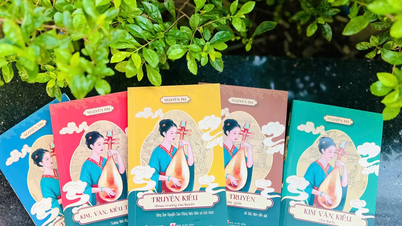

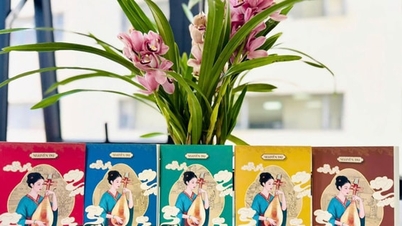

















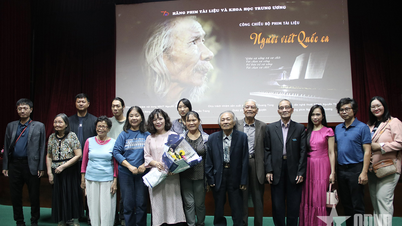




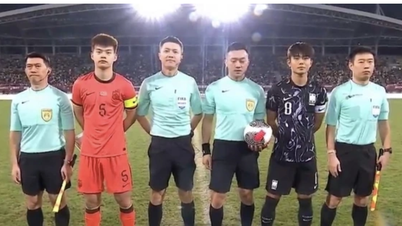


























































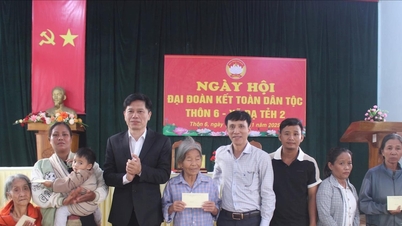
















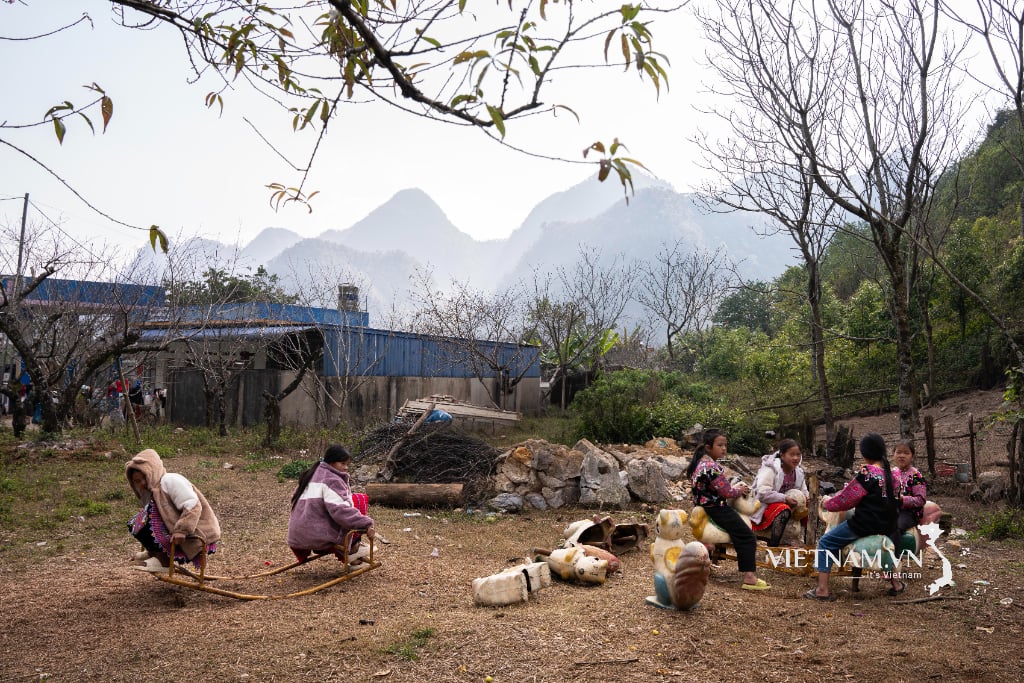


Comment (0)